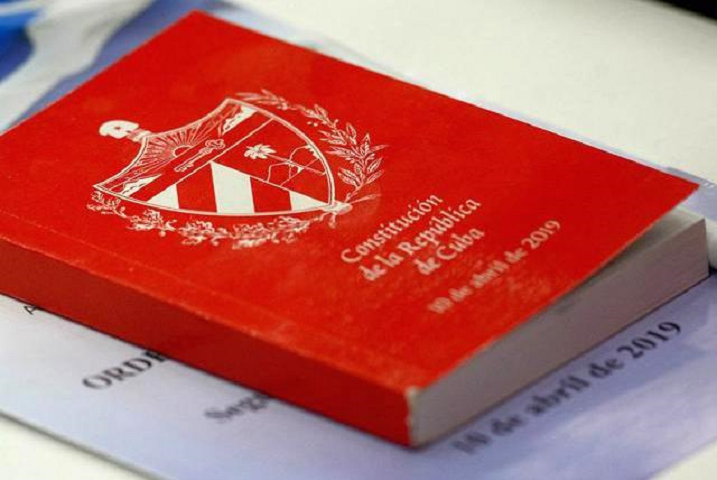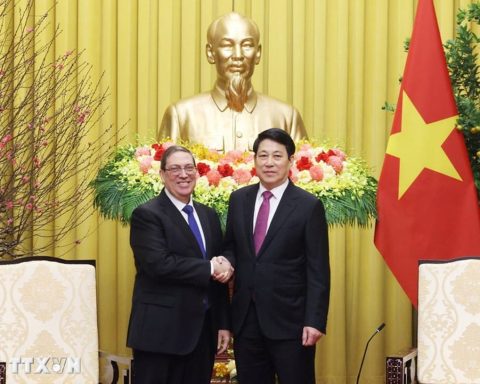MIAMI, United States. – The Constitution imposed by the Cuban regime in 2019 does not meet the standards of freedom of religion based on international law. This was stated by the United States Commission on International Religious Freedom (USCIRF) in its latest report, entitled Constitutional Reform and Religious Freedom in Cuba.
According to the USCIRF ruling, the latest Castro constitution does not meet international standards because “its rights are not enforceable, it fails to be supreme law and it yields to laws that may conflict with constitutionally established rights.”
Likewise, the Magna Carta has not guaranteed religious freedom on the Island either, a fact that has become evident in the repression and harassment unleashed by the Island regime in recent years against dozens of religious leaders.
“Despite constitutional protections for religious freedom that exist on paper, independent religious communities in Cuba continue to experience violations,” the report states.
Based on a survey of religious leaders and other research, USCIRF concluded that the 2019 Constitution fails to meet 34 of the 36 standards for freedom of religion established in international law, and only partially meets two.
The report maintains that the constitutional text “reduces the possibility of legal reforms” to allow religious freedom and highlights that the absence of a judicial structure and judicial appeals to protect constitutional rights renders constitutional protections inapplicable.
The United States Commission on International Religious Freedom is an independent, bipartisan entity of the federal government established by Congress to monitor, analyze, and report on threats to religious freedom abroad. USCIRF’s mission is to make policy recommendations to the President, Secretary of State, and Congress.
Receive information from CubaNet on your cell phone through WhatsApp. Send us a message with the word “CUBA” on the phone +1 (786) 316-2072, You can also subscribe to our electronic newsletter by giving click here.

















